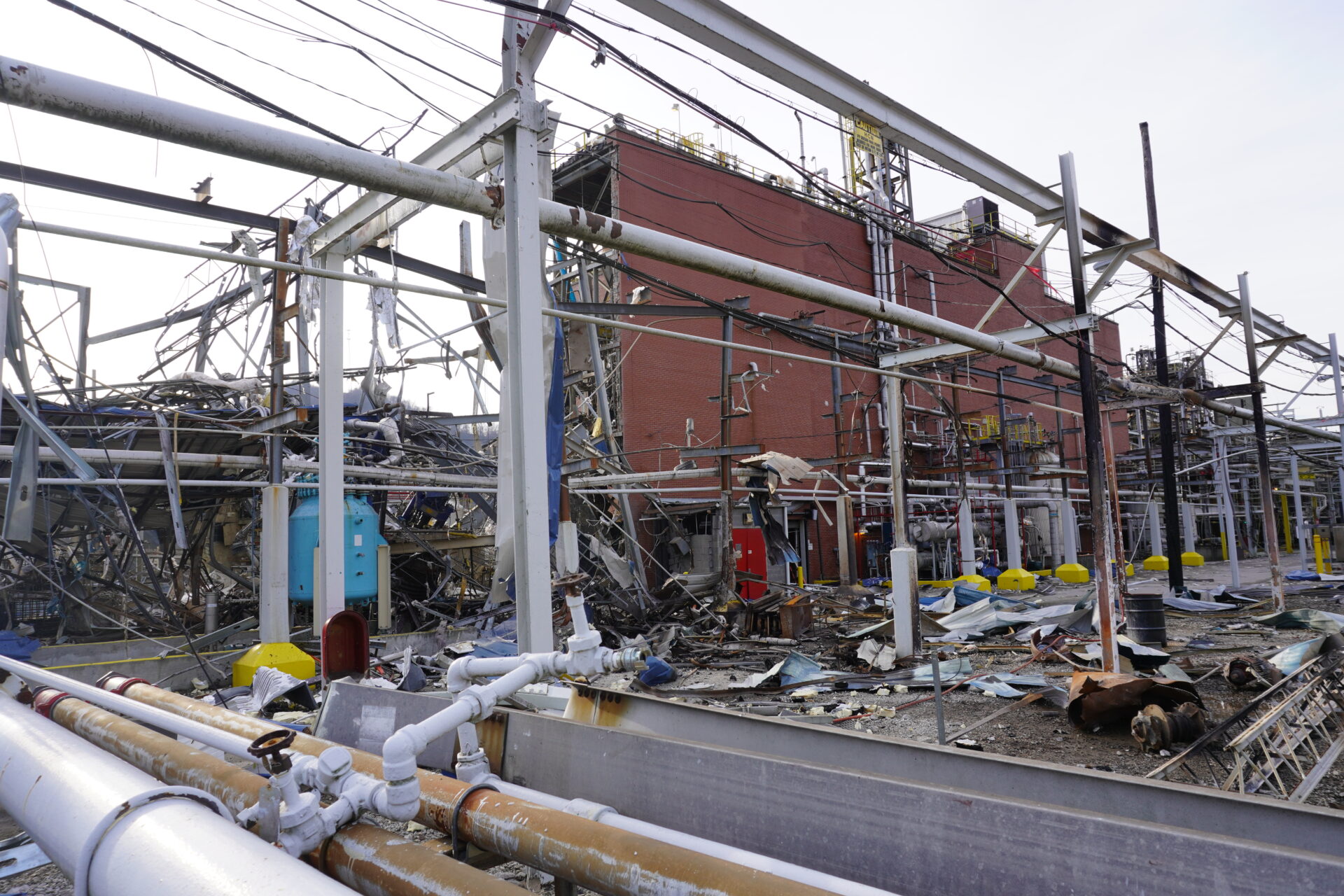A chemical company in eastern Kanawha County wants to discharge toxic chemicals into the Kanawha River, and an environmental group is pushing back.
Chemours is seeking a consent order from the West Virginia Department of Environmental Protection for its tenant, Optima Belle, to discharge ethylbenzene and cyclohexane into the river.
Both are possible carcinogens. According to the consent order, 3,000 gallons of wastewater containing the chemicals would be treated before their release.
The West Virginia Rivers Coalition says the amount of ethylbenzene is six times higher than the human health criteria set by the U.S. Environmental Protection Agency.
Optima Belle is currently not permitted to discharge either chemical.
Sunday, Feb. 25, is the deadline to submit public comment to the DEP.
Last year, the department approved an air quality permit for Optima Belle to resume a chemical drying process that killed a worker in a 2020 explosion.
A Chemical Safety Board investigation concluded that the company used an incorrect process for drying a chemical compound that when overheated, could cause a reaction that exceeded the design pressure of the dryer unit.
The worker, John Gillenwater of Putnam County, died in the blast. Three others were injured.
This story has been updated to clarify that Chemours owns the facility and Optima Belle is a tenant.
